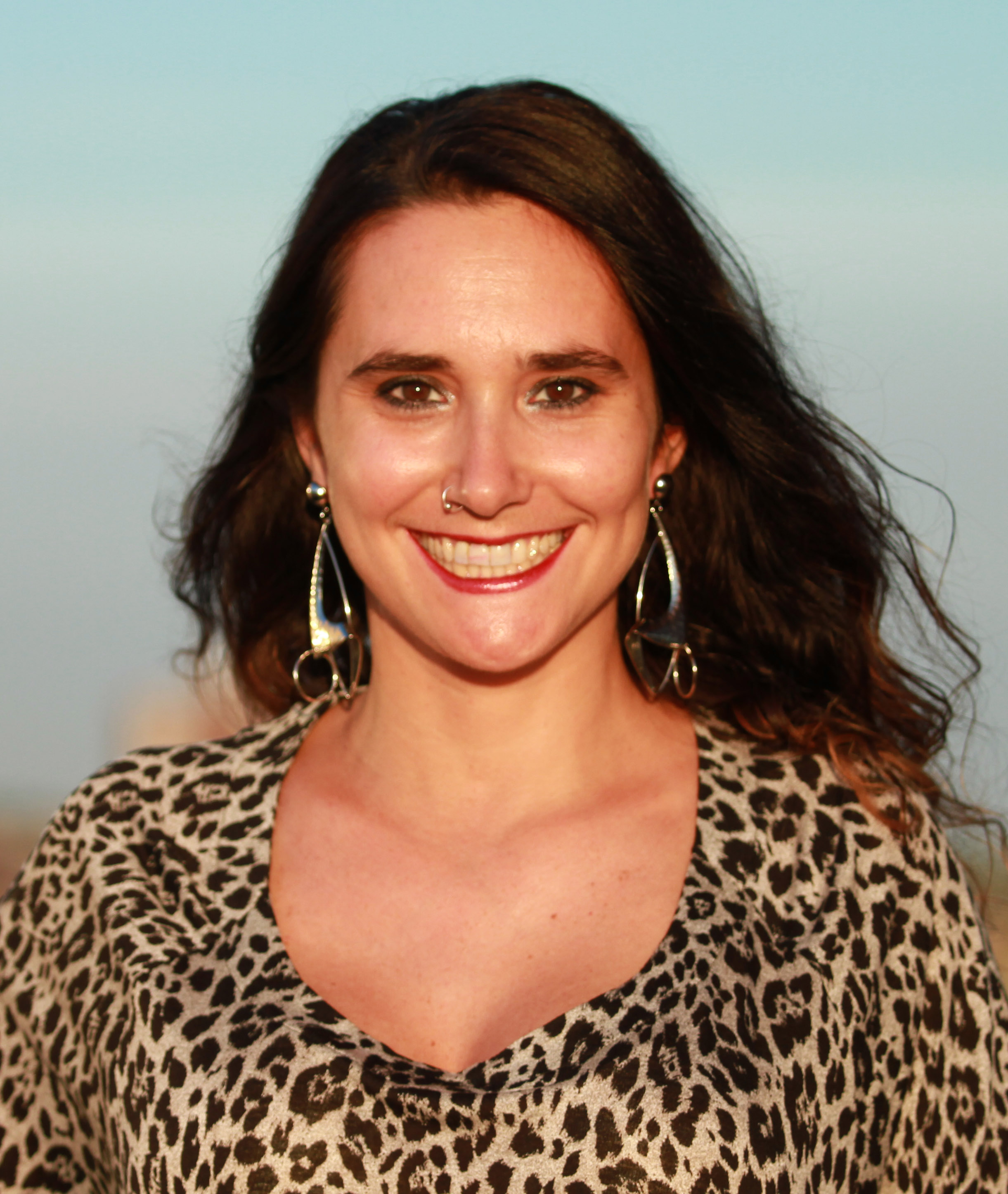Professor Shares Vision of Social Equality at Berkeley College
 |
|
| FOR IMMEDIATE RELEASE TUESDAY, MARCH 12, 2019 |
Contact: Ilene Greenfield Director of Media Relations 973-278-5400, ext. 1-5122 igl@BerkeleyCollege.edu |
|
PROFESSOR SHARES VISION OF SOCIAL EQUALITY AT BERKELEY COLLEGE |
|
Heidi Hoefinger, PhD, is an expert in gender, sexuality, public health and social justice. She is the author of “Sex, Love and Money in Cambodia” (Routledge 2013), and has been a resource for The Huffington Post, BBC, Voice of America, and other media outlets.
Dr. Hoefinger is also a professor in Berkeley College School of Liberal Arts, bringing her real-world experience into the classroom and giving students valuable experience to begin their careers. She serves as the faculty advisor for the Berkeley College Gender and Sexuality Alliance, a club that provides a safe space for students, free of bias, stigma or social exclusion.
Q: Why is the Gender and Sexuality Alliance an important initiative at Berkeley College?
A: The Gender and Sexuality Alliance at Berkeley College in Midtown Manhattan was formed more than a year ago. We wanted to create a safe space and sense of community for everyone interested in issues related to gender and sexuality. Our mission is to promote acceptance, increase awareness and LGBTQ+ visibility, decrease prejudice, and reinforce a welcoming environment at Berkeley College. The club brings together students of all sexual orientations and genders who share a common vision of social equality and a desire to participate in a diverse environment where all genders and sexualities are celebrated.
Q: What are some recent events hosted by the Gender and Sexuality Alliance, and how have these events advanced the club’s mission?
A: In the past year, the Gender and Sexuality Alliance has organized more than 10 events, including marching in NYC Pride parade for the first time, and arranging the first ever all-transgender panels at Berkeley College. Our club is gaining momentum, evidenced by the eagerness of other student clubs to collaborate with us. In an era of heightened tensions around gender, sexuality and race, it is critically important for Berkeley College to foster safe spaces like this, where students can come together to support one another and engage in constructive discussions without fear of discrimination.
Q: What are some professional lessons you impart to your students?
A: I always stress to students the importance of strong interpersonal and professional communication. Being able to clearly and respectfully express oneself will go a long way, particularly in a time of intensified sensitivity around language and expression. Be willing to accept and incorporate critique from others; no matter how good we think we are at something, we can always be better. Finally, be persistent. Have a sense of humor. Don’t take yourself too seriously, and always be open to learning new things and different perspectives.
Q: Share your thoughts about Women’s History Month, which is celebrated in March.
A: Women’s rights have come a long way in the past 100 years, illustrated by renewed attention to things like employment equality and ending sexual violence. Moving forward, I think it is important to view the idea of “womanhood” from an intersectional lens. While there are definitely gendered experiences that “women” share as a whole, other factors like race, class, ethnicity, ability, sexuality, documentation status and age greatly impact a woman’s experiences. Not every woman experiences this world in the same way, so when we focus on women’s rights and women’s history, we need pay particular attention to the rights, needs and histories of women with these intersecting experiences and identities.
- end -


